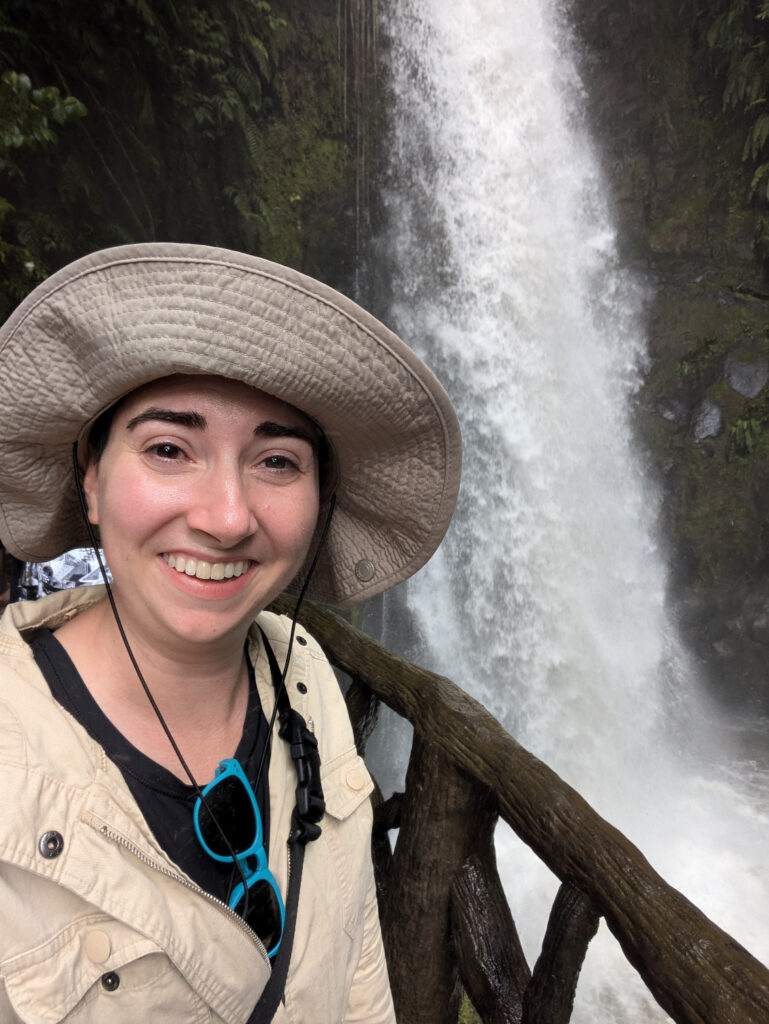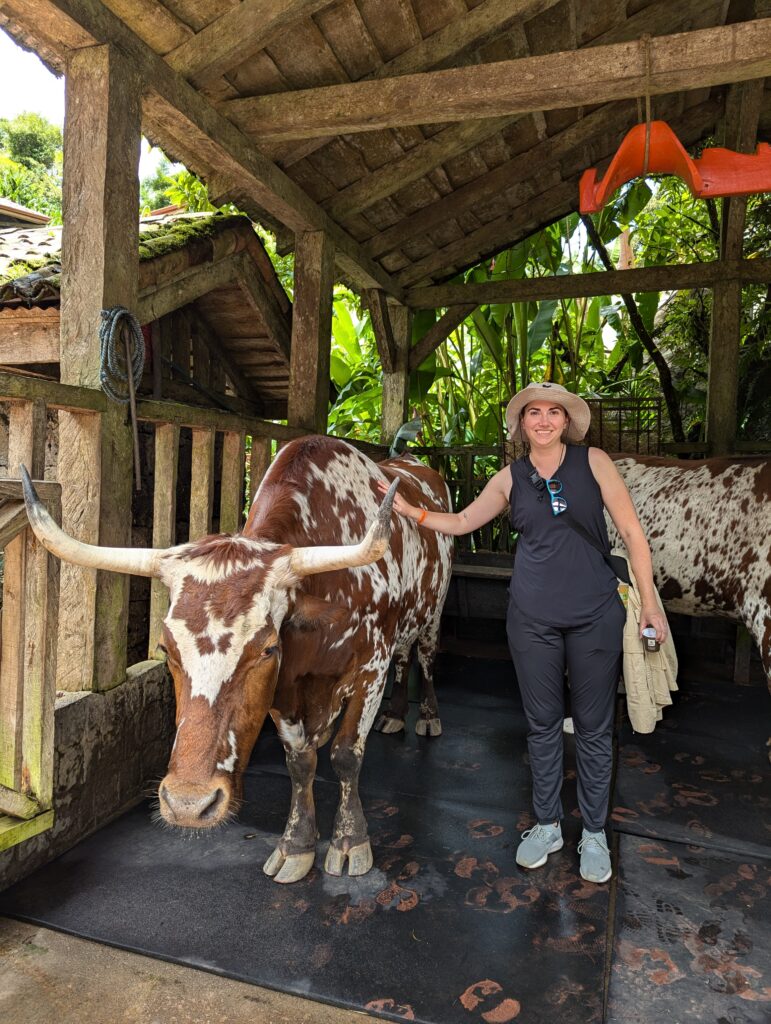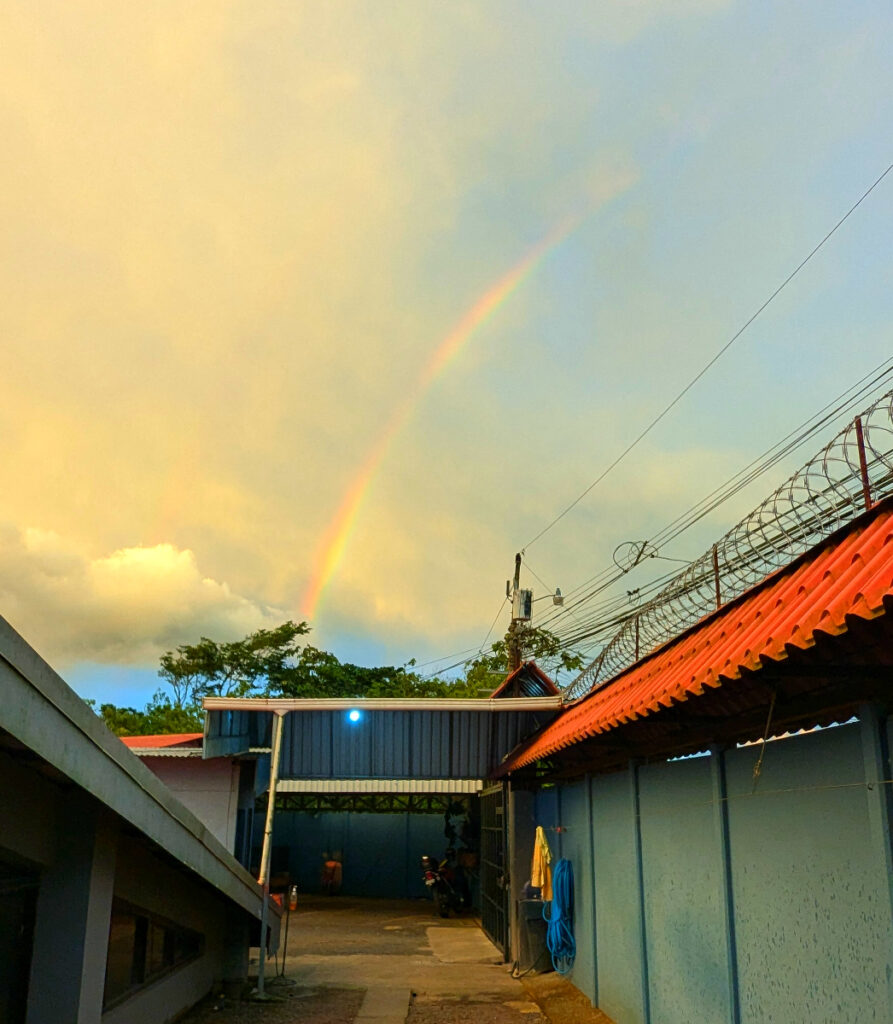One of the many blessings and excitements of my work is the opportunity to travel to a different culture, over and over again. I’ve visited the same community of San Ramón, Costa Rica five times over the course of two years.
The more I am there, the more I can see the gifts of this opportunity. Unexpected gifts, primarily.
Being unexpected, they can also be hard to describe. But I’ll try my best at sharing one gift of cross-cultural communication that is growing and shaping me in–you guessed it–unexpected ways.



The Gift of Being Wrong
We all need safe spaces to be wrong. Safe spaces to fail. We need safe spaces to learn how to apologize, and to express true remorse without fear of shame.
For me, serving in another culture has been a safe space for this growth.
Because in a different culture than my own, I expect to be wrong. Often. When conversing in two languages, I expect there to be missed words, mixed words, and misunderstanding. So when these things happen, it’s easy to work to fix it. Apologizing is easy when you know you’ll probably be wrong before the problem even starts.
It sounds obvious, but it took me 33 years and a Global Entry card to realize it.
In my normal everyday life and context, no matter the job or industry, there’s a different expectation. People assume mistakes will happen in the first few weeks or months of trying something new. But after that “orientation” period, you better know your stuff.
The problem is that people continue to be wrong, make mistakes, take action before all the information needed is gathered, and generally just mess up because it’s the human condition to do so. And we should get better with time. We should be more correct, make less mistakes than when we first began something new. But “less” isn’t the same as “none.”
Unfortunately in our current culture, instead of seeing mistakes (or just plain old being wrong) as spaces for growth, we are even more inclined to double down. Instead of admitting when we’re wrong, we’re tempted to change the narrative. Instead of apologizing, we ignore.

What if you showed up this week assuming you and everyone else around you would mess something up?
Assume you will be wrong at least once today. Assume others will be wrong at least once today. These assumptions are a gift. Not because we celebrate mistakes or don’t expect people to do their jobs well, but because we want to create an environment where people are more willing to try, fail, and work through it than to isolate, defend, and control.
If you need a safe space to be wrong, join me in Costa Rica this February.
